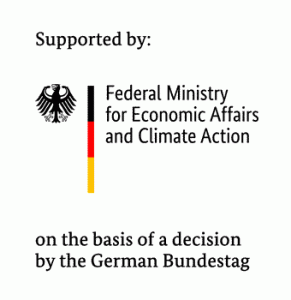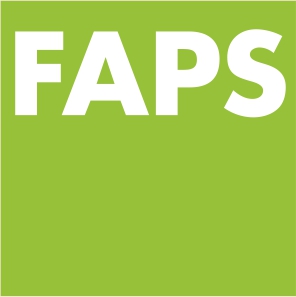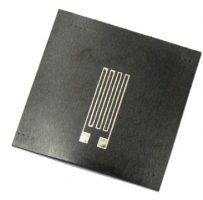Project description
Although they rarely catch the eye, resistive sensors, which convert a mechanical load into an electrically measurable signal, have become indispensable in industry. They are used in weighing technology, in stress analysis, for example in structures such as bridges, or for torque measurement in machines. Another area of application is temperature measurement. The sensor is available as a finished component that just has to be integrated into the system to be monitored. Common designs are semiconductor-based sensors with high sensitivity for low loads or metal-based resistance sensors produced by etching and applied to foils. Disadvantages of the existing technology are a limited design freedom on 3D geometries and the typically required application of the sensors into the system in an additional assembly step.
The aim of the PreSens research project is to overcome these limitations by using digital printing technologies for sensor manufacturing, such as aerosoljet, piezojet and inkjet printing. On the one hand, the printing technologies enable the direct application of sensors to different carrier substrates and components. On the other hand, the sensors can be applied directly to 3D geometries in multi-axis printing systems, as will be used in the project, making it possible to image even complex sensor geometries.
In order to qualify the feasibility and suitability of digital printing for the production of resistive sensors, comprehensive printing tests will be carried out for this purpose and various media and substrate material systems will be researched. The manufactured sensors will be measured with respect to their sensor properties, such as accuracy, reliability and reproducibility, in order to determine suitable sensor principles. Strain gauges and temperature sensors will be investigated as sensors, which should be available in meaningful technology demonstrators by the end of the project.
The IGF project 09739 of the Research Association Räumliche elektronische Baugruppen is funded by the German Federal Ministry of Economic Affairs and Climate Action (BMWK) via the AiF within the framework of the program for the promotion of joint industrial research (IGF) on the basis of a resolution of the German Bundestag. The project is being carried out in collaboration with the Laboratory for Packaging and Interconnection Technology at Nuremberg Technical University. The project is accompanied by an extensive industry committee consisting of 14 companies with material and equipment manufacturers, as well as users.



